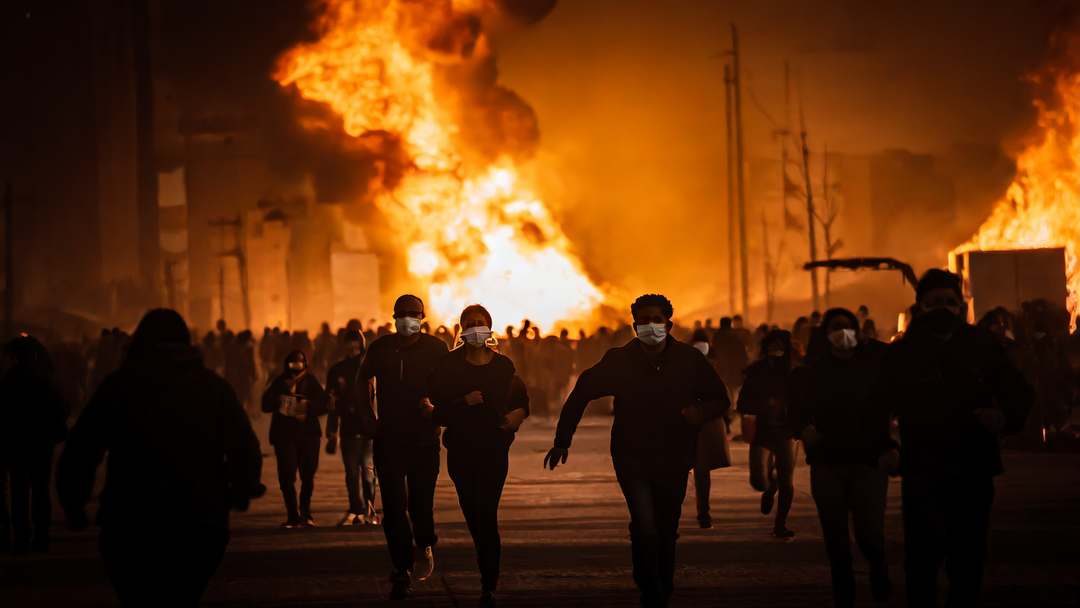Understanding Michigan’s Riot Laws and Penalties
In any society, maintaining peace and order is paramount. Michigan, like other states, has specific laws in place to address situations of public unrest and violence.
To understand the legal framework and potential consequences of riot-related activities in the state you must read the law. Also understand that the laws can be interpreted and twisted in many ways to fit the prosecutions narrative and agenda depending on who you are and what you were taking a stand for.
Note: Other charges will be piled on these charges but we are just talking about the rioting laws in Michigan here.
Michigan Compiled Laws (MCL)
Chapter 750
RIOTS AND RELATED CRIMES
Act 302 of 1968
Sec. 1.
Sec. 2.
752.542a Riot at state correctional facility.
Sec. 2a.
Sec. 3.
752.544 Violation as felony; penalty.
Sec. 4.
Sec. 5.
Sections 521 and 522 of Act No. 328 of the Public Acts of 1931, being sections 750.521 and 750.522 of the Compiled Laws of 1948, are repealed.
History: 1968, Act 302, Imd. Eff. July 1, 1968
750.521-750.522 Repealed. 1968, Act 302, Eff. July 1, 1968.
Compiler’s Notes: The repealed sections pertained to riots and unlawful assemblies; duty of officials to disperse; arrest on failure to disperse.
(Similar to qualified immunity one would guess but more likley because the purpose could be beneficial to one group and not another)
Have your rights been violated?
Have your driving priviledges been revoked?
Has your professional license been suspended?
Have you been charged with a crime?
Call our office to see if we can help
Komorn Law 248-357-2550
Index
Index and Information Source
| Document | Type | Description |
| Section 752.541 | Section | Riot. |
| Section 752.542 | Section | Inciting to riot. |
| Section 752.542a | Section | Riot at state correctional facility. |
| Section 752.543 | Section | Unlawful assembly. |
| Section 752.544 | Section | Violation as felony; penalty. |
| Section 752.545 | Section | Repeal. |
| Section 752.546 | Section | Effective date. |
More Posts

If I renounce my US citizenship can I get it back?
Venezuela or Bust If I renounce my U.S. citizenship can I get it back?Renouncing U.S. citizenship is a serious legal action. It involves voluntarily giving up your status as a U.S. citizen, usually by signing an oath of renunciation at a U.S. embassy or consulate...

New Laws in Effect for Michigan in 2025
Some laws in effect in 2025 "Enacted by the People of Michigan" Here we go...Minimum wage Improved Workforce Opportunity Wage Act - Michigan's minimum wage will increase twice during 2025, per a 2018 Supreme Court ruling. Starting Jan. 1, 2025, the standard minimum...
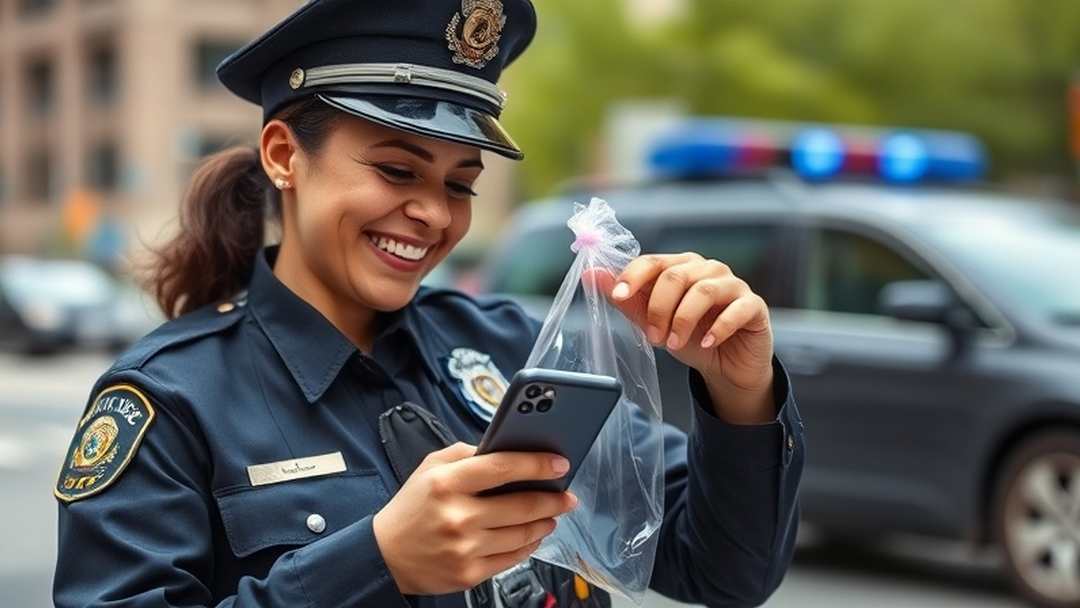
The Police Took Your Cellphone – Now What?
Everything you have and say will be evidence used against you. The Police took your cellphone - Now what?After your arrest, you arrive at the police station where you go through the booking process, and your cellphone is taken from you. Once you are released, your...

Feeling Bullied? Here’s Michigan’s Anti Bullying Laws.
Michigan Anti-Bullying Laws & Policies Components of State Anti-Bullying Laws and Regulations How are bullying and cyberbullying defined in Michigan anti-bullying laws and regulations? Michigan anti-bullying laws and regulations include the following...

Former 3M scientist who made unsettling PFAS discovery says bosses deceived her
Gee - What a surprise... When a former 3M scientist discovered the company’s chemicals were in human blood in the general population, she says her bosses misled her to believe it was harmless.3M accused of deceiving its own scientist about PFAS in human blood Hansen...
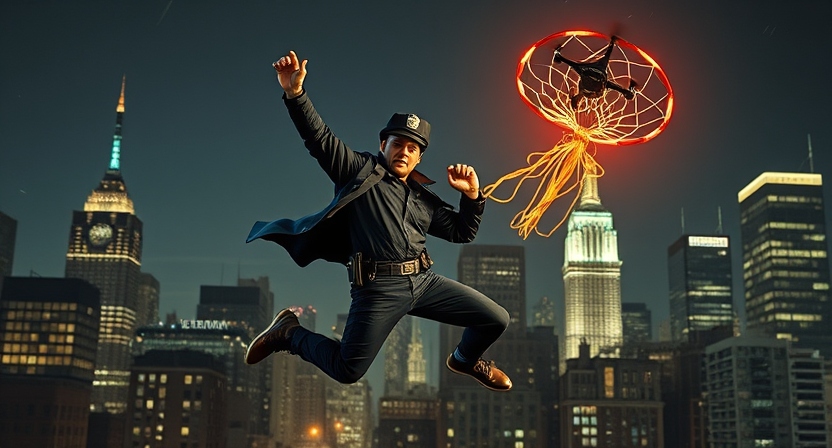
Drones – What Drones?
Jersey cops launched into the night sky with catapults to throw dreamcatchers at the unknown drones to entangle their props and bring em down! Just kidding - I think.Darrr.. What drones? Those drones pose no threat there are no drones. That's just a balloon,...
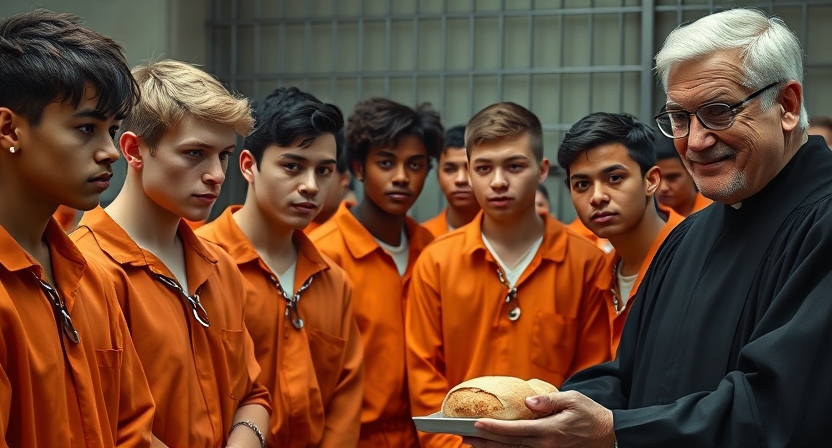
Cash For Kids Judge Pardoned (The Kickback Club)
Biden’s commutation for Judge in ‘kids for cash’ scandal should anger the entire universe.Biden’s commutation in ‘kids for cash’ scandal. BY MICHAEL RUBINKAMUpdated 5:32 PM EST, December 13, 2024A judge implicated in one of the most notorious judicial scandals in U.S....
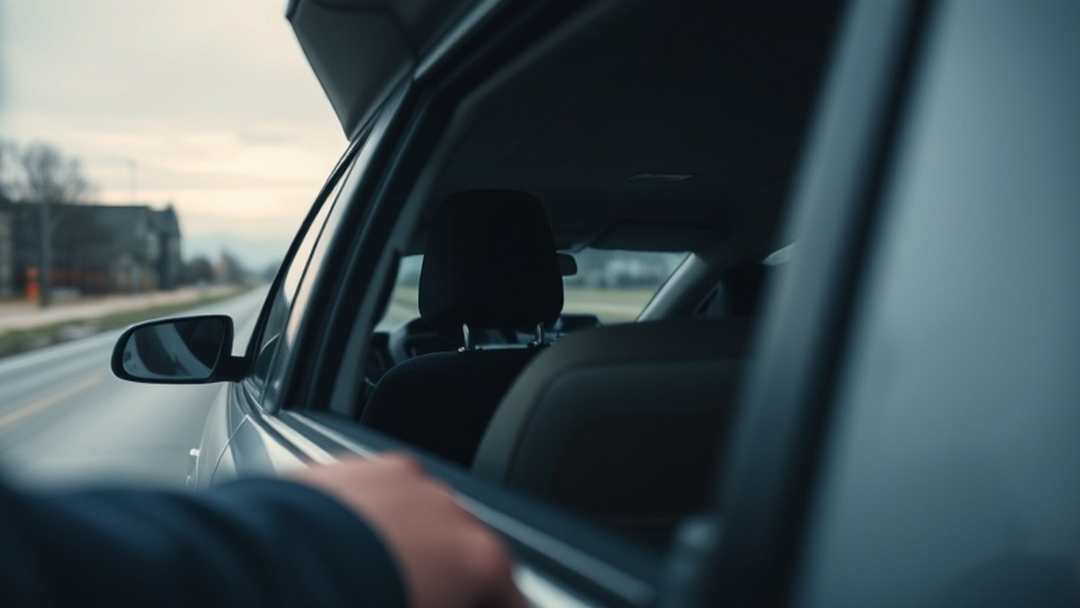
How Much Does It Cost To Hire a Criminal Defense Attorney?
Don't do the crime - if you can't pay the price.Average Flat Fees. Some criminal defense attorneys charge a flat fee for certain types of cases, instead of billing by the hour. This may or may not include filing fees, motions, fees, etc. Flat fees include: DUI/DWI –...

What do you do when you are pulled over for suspected DUI?
If you are pulled over for suspected drunk driving you are probably going to be arrested. The less you say - the better off you are in the long run. If you find yourself being pulled over for suspected DUI, ensure you pull over safely to the roadside, maintain a...
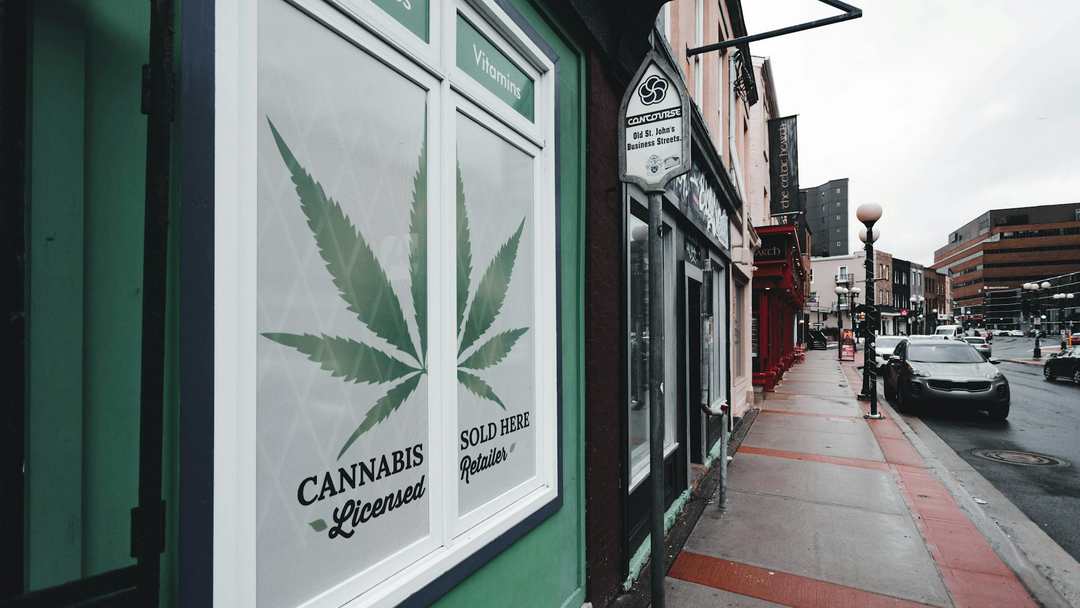
Trump plans – How does Cannabis Business fit in?
You work hard. Now get ready to work harder to prepare to give more.President Biden's administration has proposed the reclassification of marijuana from a Schedule I controlled substance to a Schedule III drug, which recognizes its medical benefits. This significant...

